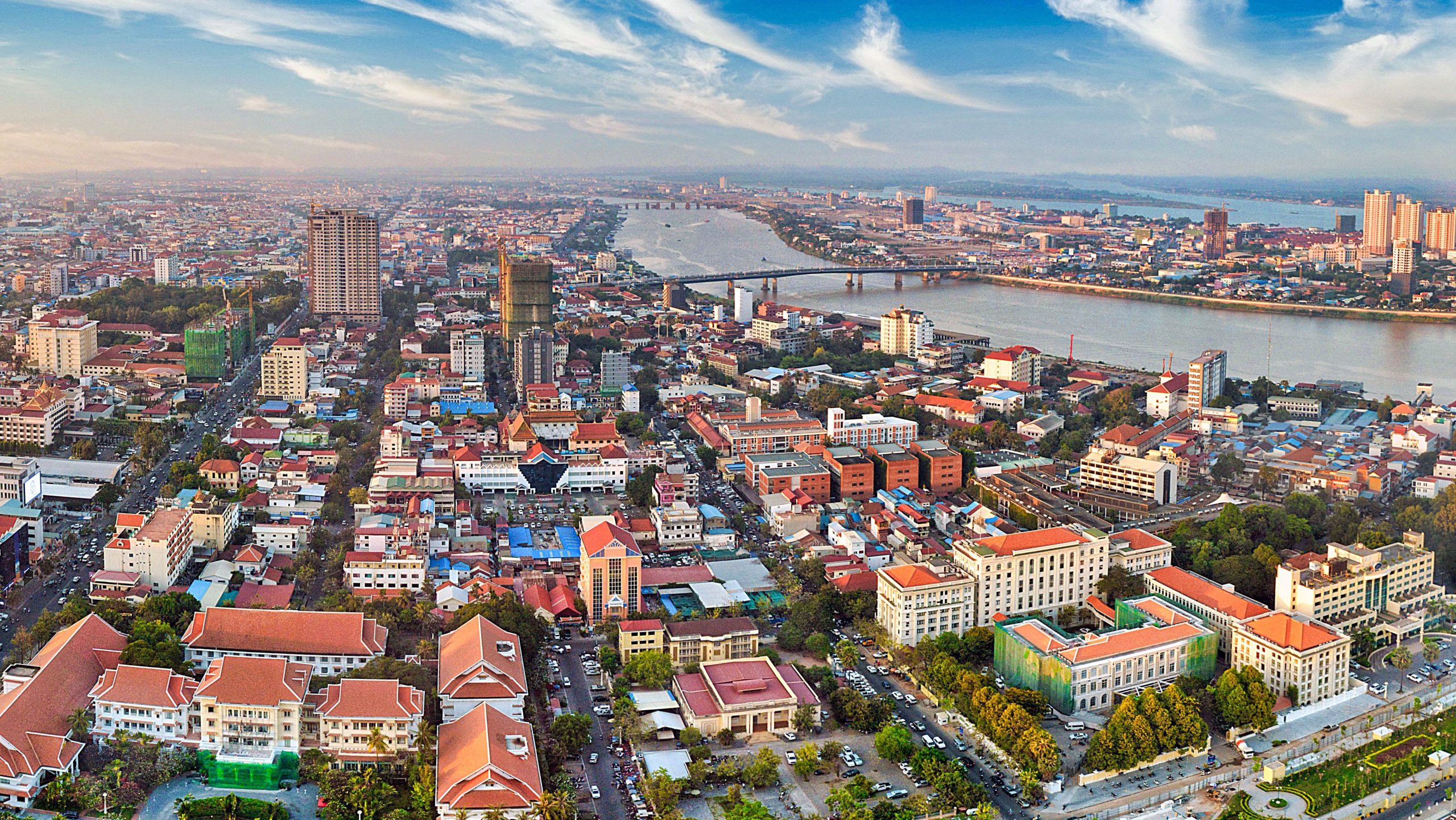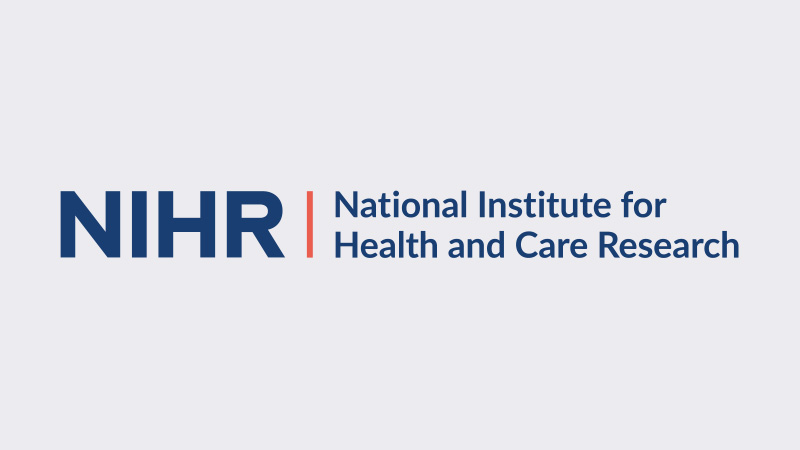Trust is fundamental to cooperation, essential in times of crisis. Researching and understanding trust networks and perceptions of trustworthiness is therefore crucial in preparing for future health shocks, write Heidi Larson and colleagues
Read moreRelated content

The IRIS Academic Research Group was founded by some of the world’s leading researchers and academic institutions and launched in June 2021 at the inaugural Global Vaccine Confidence Summit as part of the UK government’s G7 Presidency.

To identify knowledge gaps, beliefs and attitudes in relation to the COVID-19 pandemic and COVID-19 vaccine acceptance among adults in the Asia-Pacific region, the Vaccine Confidence Project conducted two waves of quantitative research in 2021 and 2022.

Vaccine confidence in Nigeria is high compared to other countries. The latest data we have for Nigeria is from surveys conducted in 2022 which showed that 81% of people feel that vaccines are safe and 82% think they are effective. 81% of those surveyed said they believe it’s important for children to have vaccines and 78% feel that vaccines are compatible with their religious beliefs.

There is a strong culture of vaccination in Brazil. Brazilians have trust in the primary health care system and national immunisation programs. There have been successful vaccination drives in recent memory including against diseases like polio which was eradicated in 1989.

Our research aims to reverse the decline in immunisation coverage in children, increase vaccine uptake in adults and reduce inequalities in the vaccine service.

Project AViD took a critical anthropological approach to exploring what actions can be taken to optimise vaccine acceptance during a disease outbreak.